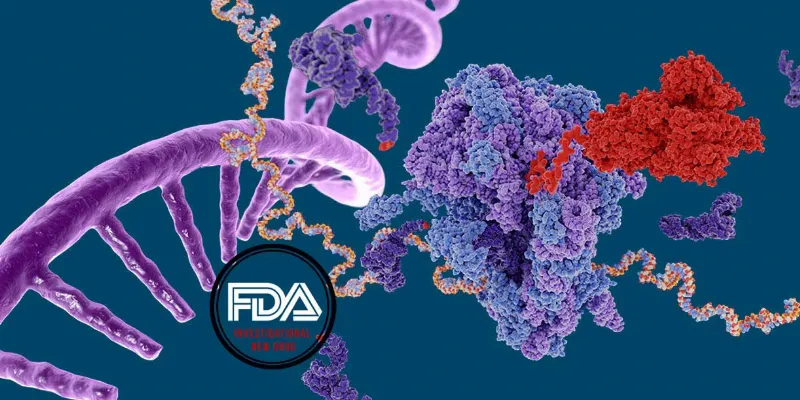A New Era in Oncology: Programmable mRNA Therapies in the Battle Against Cancer

4 April 2024
Could a self-replicating mRNA molecule be used in cancer treatment? Strand Therapeutics promises a new class of cancer treatment with its programmable mRNA therapies designed to precisely target cancer cells. With FDA clearance for a Phase 1 trial of their lead therapy, STX-001, they aim to improve solid tumor treatment outcomes and advance personalized medicine.
Strand Therapeutics, an enterprise born from the Massachusetts Institute of Technology (MIT), is at the forefront of exploiting messenger RNA (mRNA) technology in oncology. By developing advanced mRNA molecules that can sense and respond to their cellular environment, Strand promises a potential paradigm shift in cancer treatment. This approach, reminiscent of the mRNA technology used in some COVID-19 vaccines, aims to train the immune system to target cancer cells with precision.
The Genesis of a Novel Approach
Strand Therapeutics has embarked on a path to harness the untapped potential of mRNA, crafting a new class of mRNA molecules capable of sensing their cellular environment. This capability allows for the delivery of therapeutic proteins directly to diseased cells, sparing healthy tissues and mitigating side effects.
The approach stands on the precipice of clinical application, with the initiation of Strand’s inaugural clinical trial in April. This trial aims to test a self-replicating mRNA molecule designed to provoke immune responses directly within tumors, such as melanoma and triple-negative breast cancer, marking a significant leap in cancer treatment methodologies.
A Milestone Achieved: IND Clearance
In January 2024, the U.S. Food and Drug Administration (FDA) gave the green light for Strand’s Investigational New Drug (IND) application, allowing the commencement of a Phase 1 trial for STX-001. This innovative therapy utilizes a synthetic self-replicating mRNA to produce IL-12 cytokines within the tumor microenvironment, enhancing the efficacy of immunotherapies for solid tumors. The clearance is a testament to the promise that STX-001 holds in becoming a pioneering programmable mRNA therapy in oncology.
Programmable mRNA: A Paradigm Shift
Strand Therapeutics is not merely developing another drug; it is redefining the landscape of cancer treatment through the introduction of the world’s first mRNA programming language. This technological marvel allows for unprecedented control over where and when therapeutic proteins are expressed, ensuring targeted and prolonged responses to tumor cells. By leveraging computational tools and machine learning, Strand has made significant strides in distinguishing cellular environments, ensuring that mRNA therapies are activated only in the presence of diseased cells.
While the immediate focus is on combating solid and blood cancers, the implications of Strand’s research extend far beyond. The programmable nature of these mRNA therapies paves the way for their application across a spectrum of diseases, promising a new era of precision medicine.
About study
STX-001 is a novel treatment designed to enhance the effectiveness of immunotherapy for solid tumors. It utilizes a liposome-encapsulated, self-replicating mRNA to deliver the therapeutic agent IL-12 directly into the tumor, activating a strong immune response. Unlike existing treatments that struggle to attract immune cells to the tumor, STX-001 efficiently stimulates T cells and natural killer (NK) cells to target the cancer. Its self-replicating feature allows for lower doses while maintaining high efficacy. In animal studies, STX-001 not only eliminated tumors but also prevented their recurrence, showing promise for significantly improving outcomes in solid tumor treatments.











Comments
No Comments Yet!